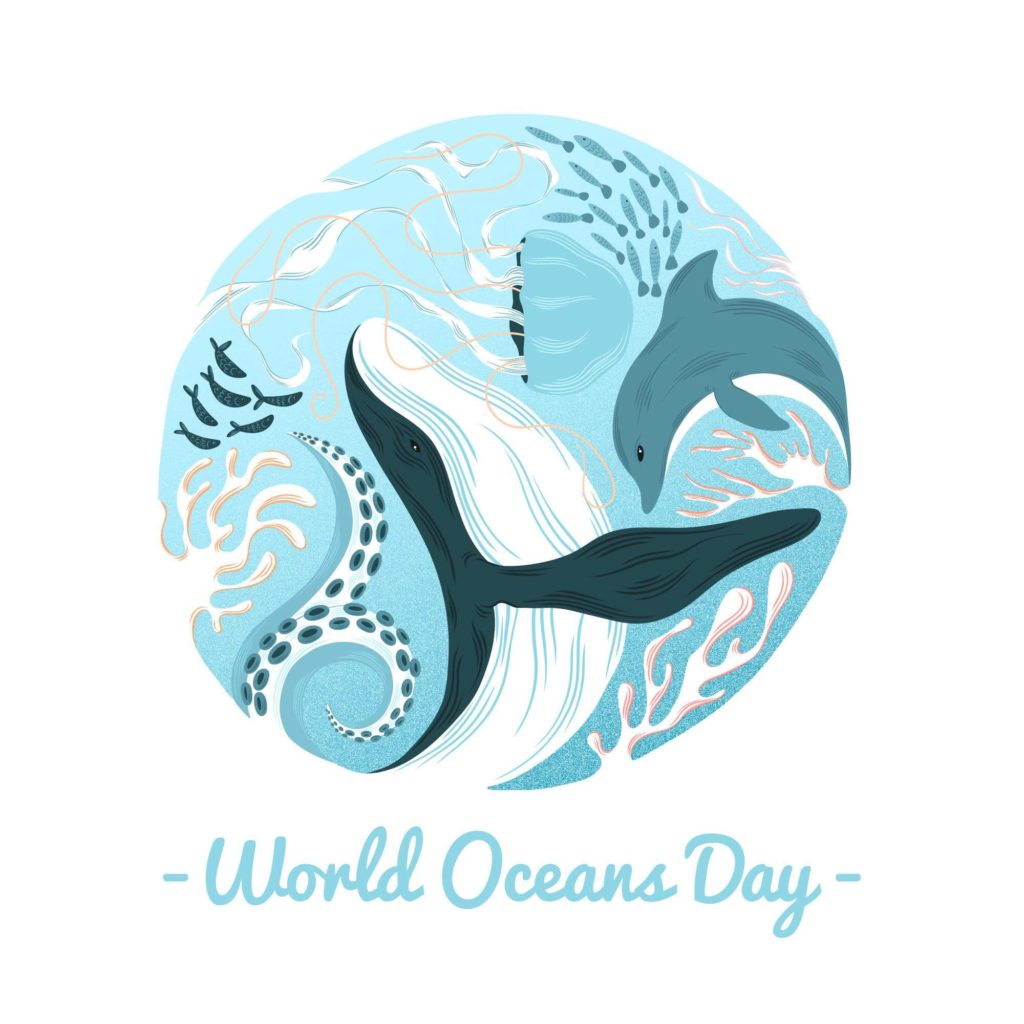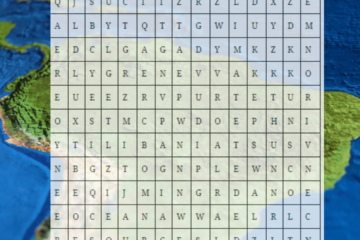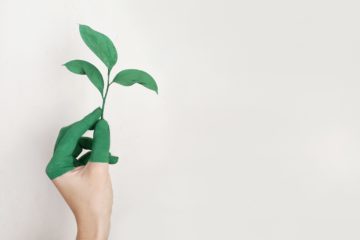It’s World Ocean Day today! We all love the blue oceans & the mesmerizing marine life it hosts in it. Let’s take a step forward to understand how oceans day began & how we can be a change in the ever-growing crisis of polluting our oceans.
History of World Ocean Day
The main objective of the World Ocean Day is to promote worldwide sustainability development goals of the ocean & its resources. Ocean Day was first declared at the Earth Summit in Rio De Janeiro on June 8th, 1992 by Canada’s International Centre for Ocean Development (ICOD) and the Ocean Institute of Canada (OIC). World Ocean Day was recognised officially in 2008 by United Nations Every year, a World Ocean Day theme is selected. This year for World Ocean Day 2020, the theme is ‘Innovation for a Sustainable Ocean’.
Plastic Pollution in Oceans
Do you know what stays forever?
Plastics. Plastics just break down into smaller particles called micro-plastics.
Plastic pollution is one of the major threats to ocean life in the world. Due to increasing amounts of plastic production, less of recycling and a lack of good waste management, the ocean’s health is at stake. Moreover, this humongous amount of plastic pollution is said to double in the next 10 years. The death of marine life – turtles, whales, coral reefs etc is just increasing drastically. Yes, this issue really is sad but we surely can help improve the health of the oceans. So, what can we do about this very issue?
Is there something we can do as an individual?
Yes, definitely there is. So, here are some of the ways to reduce plastic pollution.
1.Reduce usage of single-use plastics:
This is the most feasible way for us, individuals to contribute to the environment. You can reduce/refuse the usage of single-use plastics which you don’t need in your day to day activities like restricting yourself from using plastic straws, plastic water bottles, take-out containers or any other plastics which are used only once and then discarded.
You can choose to follow alternatives like drinking from the cup directly without a plastic straw or carry a reusable straw. There is a South Indian breakfast eatery in Bangalore, India that does not provide take away containers and encourage people to get their own vessels. It’s a very good initiative done by them. Make use of reusable water bottles and avoid buying plastic water bottles.
2. Avoid products with microbeads
Microbeads are tiny plastic particles which are also a source of plastic pollution in oceans. Microbeads are present in some kinds of toothpaste, face scrubs, body washes etc. these microbeads end up in our oceans through sewer systems and affect innumerable marine species. You may avoid these products which contain microbeads by looking for ‘polythelene’ and ‘polypropylene’ in the ingredient list in your products.
3. Organize or participate in Ocean/River cleanup drives
Assist people in removing plastics from the river/ocean or help to prevent plastics enter the ocean by participating in cleanup drives and encouraging others to join too.
Recycling is very important and plays a crucial role in plastic pollution. So, make sure to recycle your single-use plastics properly as recycling reduces the influx of new plastics too by keeping the recycled plastics in circulation. Also, encourage using recycled products and make sure to print on both sides of the paper to reduce paper usage. This reminds me of my HOD in college who is environment caring and always asks the students in the college to print their report on both sides of the paper.
So, this World Ocean Day 2020, let’s take an oath to do our best to prevent & reduce plastic pollution in not just oceans, but around our surroundings too.
References:
Wikipedia: World Ocean Day
Oceanicsociety.org

To visit Wordanova’s home page, click here



0 Comments